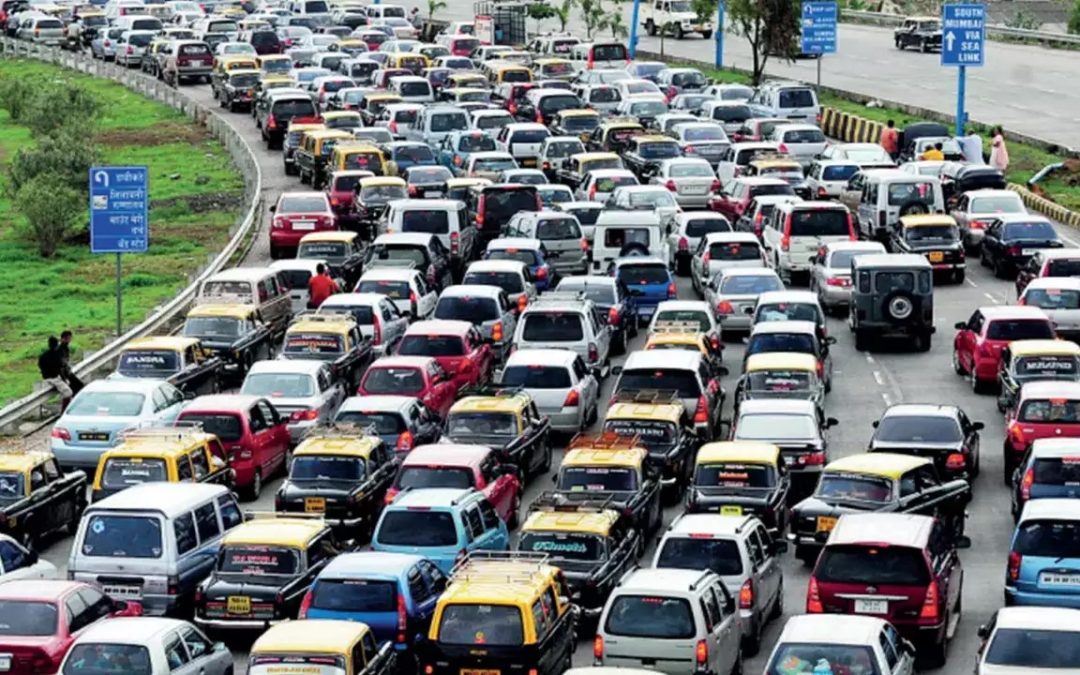NEW DELHI: The Ministry of Road Transport and Highways is developing a plan to introduce annual and “lifetime” toll passes for private cars, allowing unlimited travel on the national highway (NH) network through a one-time lump-sum payment, Union Road Transport Minister Nitin Gadkari announced on Wednesday. While private cars account for roughly 60% of NH traffic, their contribution to toll revenue is just 20-26%.
Speaking at a workshop on Barrierless Tolling in India, Gadkari stated, “We receive minimal revenue from private vehicles. Nearly 74% of toll revenue comes from commercial vehicles. To address this, we are considering yearly passes to simplify travel for private car users. This would not result in revenue loss for the government but will provide significant relief to commuters.”
A detailed proposal is nearing completion, with the ministry soon deciding the cost of annual and lifetime passes. According to sources, commuters will have the option to choose these passes. Discussions are ongoing about the exact duration to be considered for a “lifetime” pass. Several meetings have been held to finalize the details.
The initiative aims to address feedback from car users, who are more vocal about toll issues, even though the majority of toll revenue comes from heavy and commercial vehicles. A mechanism is also being developed to manage potential claims from private toll operators regarding a high number of pass users on specific stretches.
Highlighting the need for smoother toll operations, Gadkari emphasized the importance of transitioning to barrier-free tolling, where users pay based on the kilometers traveled. He announced the government’s plan to introduce a Global Navigation Satellite System (GNSS)-based toll collection system, describing it as an improvement over the current tolling methods.
“I urge industry players to deliver the best services and eliminate any revenue leakage. Strict action will be taken against any deficiencies,” Gadkari warned.
A report by Primus Partners and Think Infra, released during the event, highlighted the benefits of GNSS-based tolling. The system is expected to significantly enhance traffic flow, reduce delays, and cut travel time by 20-30%, saving 8-10 minutes at each toll point. The environmental impact includes reducing carbon emissions by 50 lakh tonnes annually and saving approximately ₹12,000 crore in fuel costs per year.






